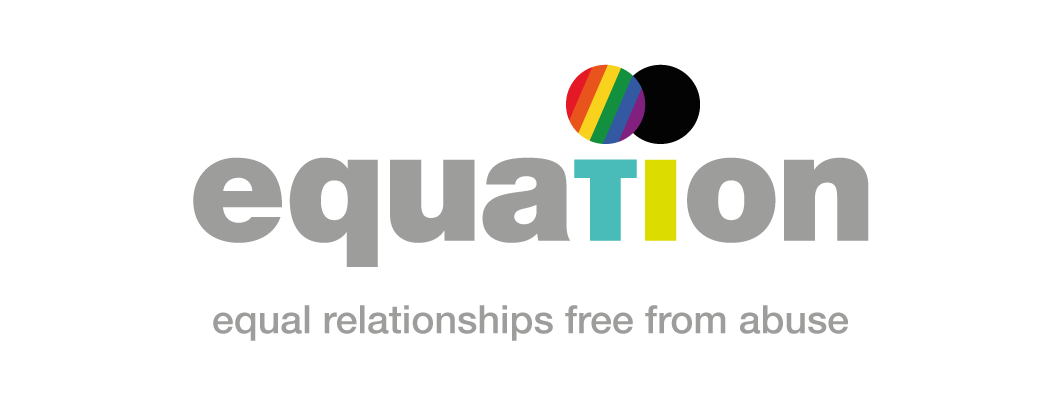SEXTING
Handle Harassment like a BOSS!
Things to do right away
1) Don’t respond to the message.
2) Block the person harassing you.
3) Let the platform know that you are underage and receiving unwanted messages.
Things to do next
After you have taken the initial steps, you can then tell a trusted adult what has happened and get support via places like Childline and CEOP. You can find out more about how to report to CEOP below.
Know the risks
Risks may include the person receiving the message showing it or sending it to other people, or manipulating the sender after they have sent it. Find out more about the risks below.
Know the law
If you are under 18 it is illegal to send, receive, or share sexual photographs, messages, or videos. Find out more about the law below.
HOW TO REPORT
Click on the link above to take you to the CEOP reporting page. It is a judgement-free zone and super simple to follow the steps to make a report.
Congrats! You have handled harassment like a boss. Do you know anyone who has been impacted by sexting? Make sure you’re supportive, non-judgemental, and tell them how to get support. Help them to handle it like a boss too!
Sexting is becoming increasingly common between young people.
Sexual photographs, videos or messages are often sent to friends, boyfriends or girlfriends. In some cases they are sent to people who we have met online who we don’t know in real life.
Sexting Includes:
- Sending, receiving or sharing sexually explicit text messages, emails or voice notes.
- Sharing photos or videos where the sender, or someone else, are partly or fully naked, or wearing just underwear.
- Sending or sharing ‘nudes’ or ‘dick pics’.
- Performing sexual acts on a live stream, webcam or video call.
Sexual images can be created using a range of different devices, technologies and online spaces. Photos and videos are often created via phones, tablets or webcams, and may be shared via messaging apps or social media sites.
For adults over 18, sexting is legal. However, it is not legal for these images to be shared without the senders consent.
THE LAW
If you are under 18 it is illegal to send, receive or share sexual photographs or videos. This includes:
- Sending sexual photos/videos or messages of yourself if you are under 18
- Receiving sexual photos/videos or messages of someone else who is under 18 (even if you are also under 18)
- Sharing or posting photos/videos or messages online of someone under 18.
The Reasons
There are several reasons why people may take part in sexting.
Confidence Boost
People may find that sexting boosts their confidence and makes them feel happier about their bodies. They may like the attention they receive immediately after sending a photo, video or message.
'Everyone Does It'
Some people think that everyone is doing it, so they should too.
Pressured Into It
Someone may be pressured into sending a picture when they don’t want to. They may;
- Have been made to feel guilty,
- Been offered a gift or money
- Been asked repeatedly until they said yes
- Be worried someone will not like them anymore if they don’t.
It is okay to say no to someones request. If they keep asking, it may be time to tell an adult.

The Risks
Once an image, video or message has been sent, the sender is no longer in control of what happens to it.
- The person who received it could show whoever they want.
- The sender could become a victim of bullying and revenge. If they fall out with the person who they sent it to, they could use the image to hurt or embarrass them.
- Friends may not want to hang out with the sender or be associated with them anymore.
- The person who received it could manipulate, blackmail and exploit the sender. Pressuring them into doing things they don’t want or be asked for cash to stop them sharing it.
- The sender or receiver could be arrested and charged. Sexting under the age of 18 is illegal. This includes sending images or videos of yourself and forwarding on to others.
RISKS
Once an image has been sent there are lots of risks

Where to Get Help
Remember
Sexting is illegal under the age of 18. However, the police acknowledge that people make mistakes and will try where possible, to help the victim. If you find yourself needing support, don’t be afraid to ask for help from an adult you trust – a parent, family member, teacher or the police themselves.
A Trusted Adult
A trusted adult can be a great place to get advice and support. This can be a family member, or an adult at school.
Childline
Childline can remove unwanted images from the internet. Young people under 18 can report any sexual images that have been shared online here.
CEOP
CEOP is an easy place to report any online abuse, including concerns about shared intimate images.



